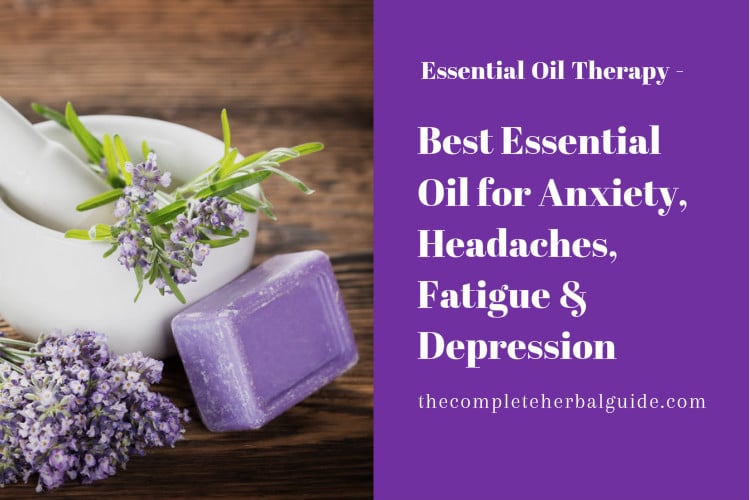
Is Your Diet Making You Depressed? The Link Between Mood and Food
If you suffer from depression then you’ve likely gotten help from wherever you can. This includes making more friends, exercising more, visiting a therapist, and getting medication. If you feel like you’ve exhausted all your options but you aren’t getting better, you may be overlooking an important aspect of treating mood disorders, and that’s your diet. Your diet might not be the major factor in why you’re depressed, but it can still have an influence. Here’s how to tell if your diet is making you depressed. Advanced Natural Medicine helps people in dealing with such problems.
Table of Contents
You’re Drinking a lot of Alcohol
There’s nothing wrong with drinking the occasional glass of wine. Some studies have discovered that drinking wine moderately (a glass a day) can alleviate depression. The key word there is “moderately”. Drinking heavily makes you depressed because alcohol suppresses the neurotransmitters that make you excited and stimulates inhibitory ones. It works as a depressant that slows your brain down similar to a sedative. Alcohol abuse and depression go hand in hand, so cut down if you’re drinking too much.
You Eat a lot of Fast Food
You shouldn’t make fast food a staple of your diet. Studies have shown that eating fast food makes you more likely to suffer from depression than those who don’t. Skip over those burgers and fries and instead eat more fruits, vegetables, nuts, fish, and whole grains. Eating these foods puts you in a better mood than the regular western diet packed with processed foods, fast foods, and sweets. Not to mention changing your diet like this makes you lose weight, creating a win-win scenario!
You Eat Too Many Refined Sugars
Letting your sweet tooth get the best of you isn’t just bad for your teeth and weight, it’s also bad for your mental health. Sugar is absorbed quickly into the bloodstream, which is why it gives you an energy spike before a crash. As such sugar causes lower moods and energy levels. They give you a temporary immediate boost followed by long-term negative feelings. Studies have suggested cutting down on sugar can improve your long-term mood, so it’s worth a shot.
You Eat From Cans a Lot
Canned goods are certainly convenient, but you should start taking them out of your grocery list. Canned goods – particularly soups and pasta – contain the chemical bisphenol-A (BPA). This chemical disrupts hormones and is linked to depression. A study from the Yale School of Medicine and Guelph University found that even low doses of BPA slowed down the brain synapses and caused mood disorders in monkeys, with similar results shown in humans. BPA is also found in plastics, so avoid those when you can too.
You’re Eating the Wrong Kinds of Fats
You need to look through nutrition labels when shopping because eating the wrong kinds of fats – such as saturated fats and trans fats – is impacting your mood. Pay close attention because these trans fats can find their way into your food as partially hydrogenated oils. Studies have linked saturated fat and trans fat to negative moods. Given that restaurant food and fast food can be high in these fats too, you should exercise caution when eating out.
Summary
There are lots of contributing factors when it comes to depression. Diet is an often overlooked one you can’t afford to ignore. Take a look at your diet, and think about what you’d be better off without.






